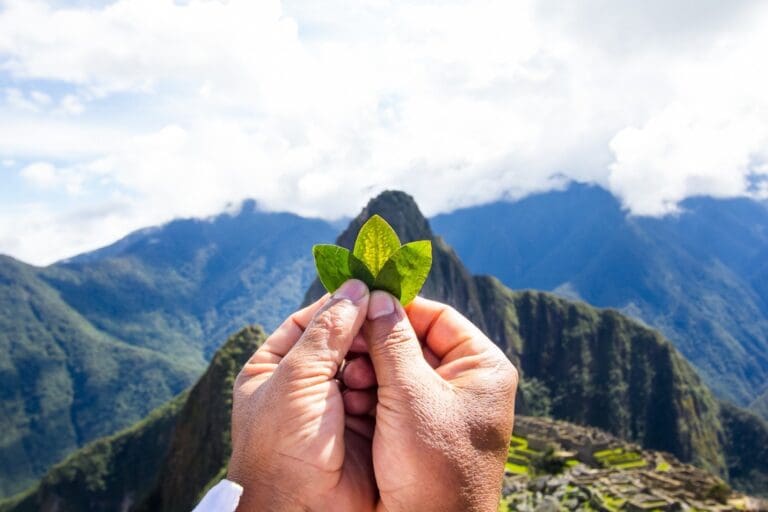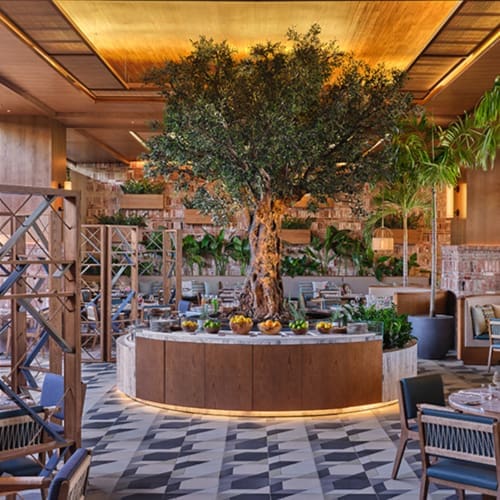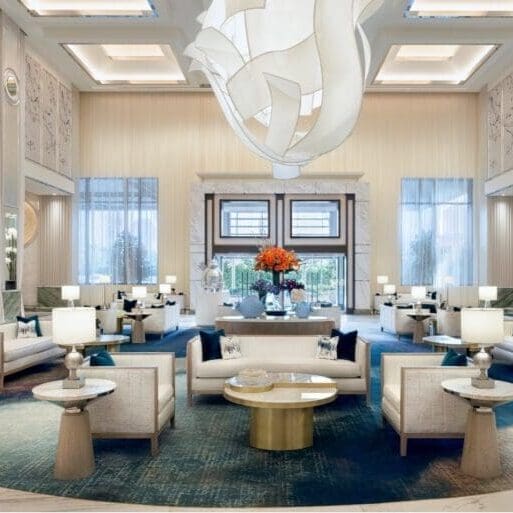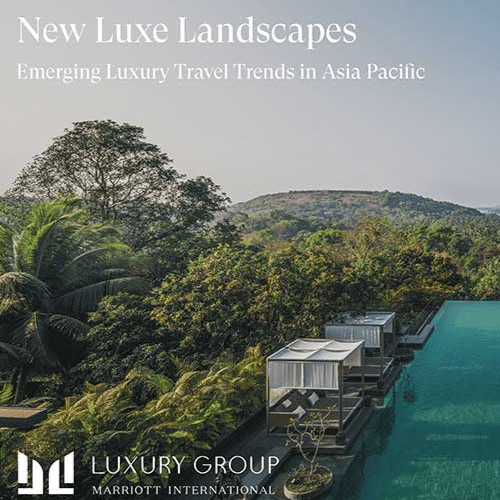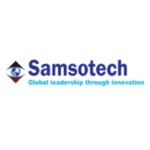 The Asia Pacific region now has the fastest accumulation of new High Net Worth Individuals (HNWIs) in the world, growing at around 10% per year. America and Asia Pacific have approximately five million HNWIs each and Europe around 4.5 million, according to a Credit Suisse Global Wealth Report.
The Asia Pacific region now has the fastest accumulation of new High Net Worth Individuals (HNWIs) in the world, growing at around 10% per year. America and Asia Pacific have approximately five million HNWIs each and Europe around 4.5 million, according to a Credit Suisse Global Wealth Report.
Since the global financial crisis in 2008, there has been a new emphasis on privacy and less ostentatious displays of wealth.
The luxury market is now defined by nine key trends:
- A demographic widening away from the dominance of the 40-60 year old age group, especially in emerging luxury markets such as China and India
- A new focus on experiential travel at the expense of hedonism and display
- A growth in mindfulness and wellbeing as HNWIs turn to nature (e.g. the Galapagos, Iceland, the Antarctic) to replenish body and soul
- Making the most of ephemeral events such as solar eclipses or even staying at temporary hotels at music festivals
- A new commitment to learning and enrichment such as studying photography with a famous cameraman or attending Thought Leadership sanctuaries where you can combine cerebral workouts with surfing, skiing and diving
- The rise of responsible travel such as activities that support economic, social or environmental sustainability – for example, El Nido Resort in the Philippines or Song Saa Island in Cambodia
- A new focus on family life in travel, as rich baby boomers recompense for working hard much of their life by spending more time with children and grandchildren. (This has led to a rise in multi-generational cruising and luxury private holiday rentals together.)
- Traditions re-imagined, making ‘old’ products like golf at St. Andrews or regency hotels in Sydney or London attractive to younger luxury travellers, especially those from China and India
- The growth of river and ocean cruising and private yachting with everything on board taken care of.
Despite emerging trends, luxury travel is still a place for unabashedly individualistic and hedonistic experiences. It is also a place where around two-thirds of all luxury travellers still rely on specialist advisors and travel agents to make their high-end trips a reality.
Luxury travel is a high reward, high investment sector. Suppliers need to invest in service, design, quality and uniqueness at all times. And a warning for all would-be entrants into the sector – when servicing luxury clients there are no days off and no off days.
About the author
Carolyn Childs is the co-founder of MyTravelResearch.com, a market research and marketing firm specializing in the travel, tourism and aviation industries. Its specialty is providing insights that are actionable. Founded by principals with lifetime careers in travel, tourism and aviation, MyTravelResearch.com exists to build the visitor economy and successful tourism businesses. It does this by putting the voice of the customer and best practice business thinking into an easy to implement, hands-on approach via an innovative membership model. Email: carolyn@mytravelresearch.com or bronwyn@mytravelresearch.com.<
This article is taken from a new insight report on the luxury travel sector is available from MyTravelResearch.com for free. The report, a 12-page extract entitled Luxury Travel and the Visitor Economy: Key Insights and Trends, is a jointly branded study by MyTravelResearch.com, with support from Luxperience and Executive PA magazine. People can visit www.MyTravelResearch.com to download the free luxury travel summary. The full report is available from $497. Visit mytravelresearch.com.


